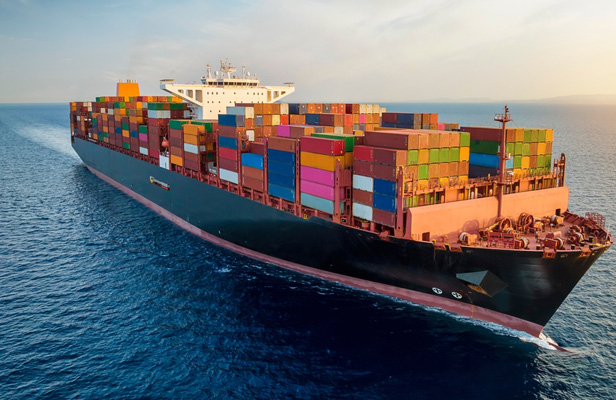News August 29, 2025
De Minimis Tariff Exemption Ends Permanently for Shipments Under $800
Dozens of countries have suspended or restricted shipments to the U.S. this week ahead of the elimination of the de minimis loophole, which previously allowed low-value imports to enter the country duty-free.
Key Takeaways
• The de minimis exemption officially ended on Aug. 29, meaning packages under $800 will now be subject to tariffs based on their country of origin – either at the country’s percentage tariff rate or a flat fee ranging from $80 to $200.
• The change is expected to disrupt global shipping flows at least temporarily, with over 30 countries already restricting U.S.-bound shipments amid tariff uncertainty.
The de minimis exemption – a tariff loophole that previously allowed packages valued at less than $800 to enter the United States levy-free – permanently ended Aug. 29, the Trump administration said.
After back-and-forth closures of the loophole throughout spring, President Trump issued an executive order at the end of July that set a final expiration date for de minimis at Aug. 29.
Previously exempt imports will now be subject to the tariff rate for their country of origin, which ranges widely based on the most recent round of “reciprocal” rates to go into effect earlier in August. For the next six months, as a transition period, mail carriers can also choose to pay a flat-rate tariff, ranging from $80 to $200 per package depending on the origin country’s tariff rate. Full “ad valorem” levy collection, based on shipment value, will begin for all packages on Feb. 28, 2026.
The end of the exemption is set to have the most impact on China-based e-commerce retailers like Shein, Temu and third-party Amazon shippers, who have increasingly used the loophole to fulfill cheap direct-to-consumer orders without paying tariffs. In promo, the biggest effects will be on companies who deal with small or custom orders, whether that’s suppliers importing in small quantities or distributors going factory direct with overseas manufacturers.
The exemption had become more widely used over the past decade as e-commerce exploded in popularity. The U.S. Customs and Border Protection agency reported that 1.36 billion packages with a value of about $64.6 billion entered the U.S. under the de minimis exemption last year, versus just 134 million packages in 2015. Over the past three fiscal years, de minimis packages have represented 97% of overall shipping volume, NBC reported.
In the lead-up to the expiration deadline this week, more than 30 countries have suspended or partially restricted shipments to the U.S. in preparation for tariff confusion and uncertainties as the new regulations go into effect, according to USA Today.
The list includes some countries that U.S. suppliers have used to diversify their supply chains from sole reliance on China in recent years – namely India, whose goods were just hit by a heightened 50% tariff this week. Several EU nations – including Germany, France and Italy – were also on the list, despite the formalization of a trade deal with the U.S. just last week.
The Trump administration also reportedly plans to continue broadening steel and aluminum tariffs in the coming months; though it’s unclear if promo items will be affected by coming rounds. In mid-August, the latest tariff update quietly upped rates on many “derivative” steel and aluminum products, including some promo-adjacent items like select hand sanitizers and beverage can lids.

